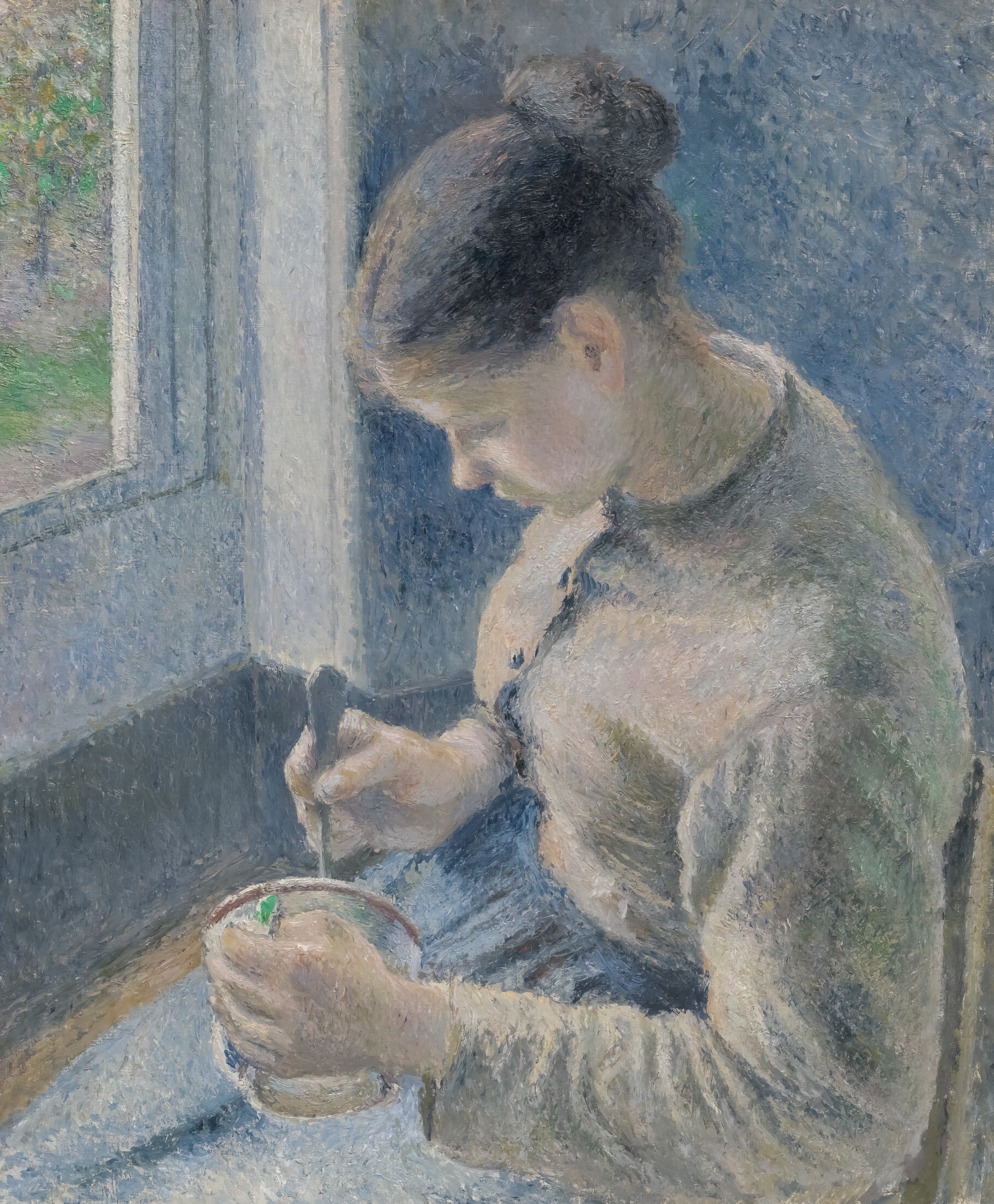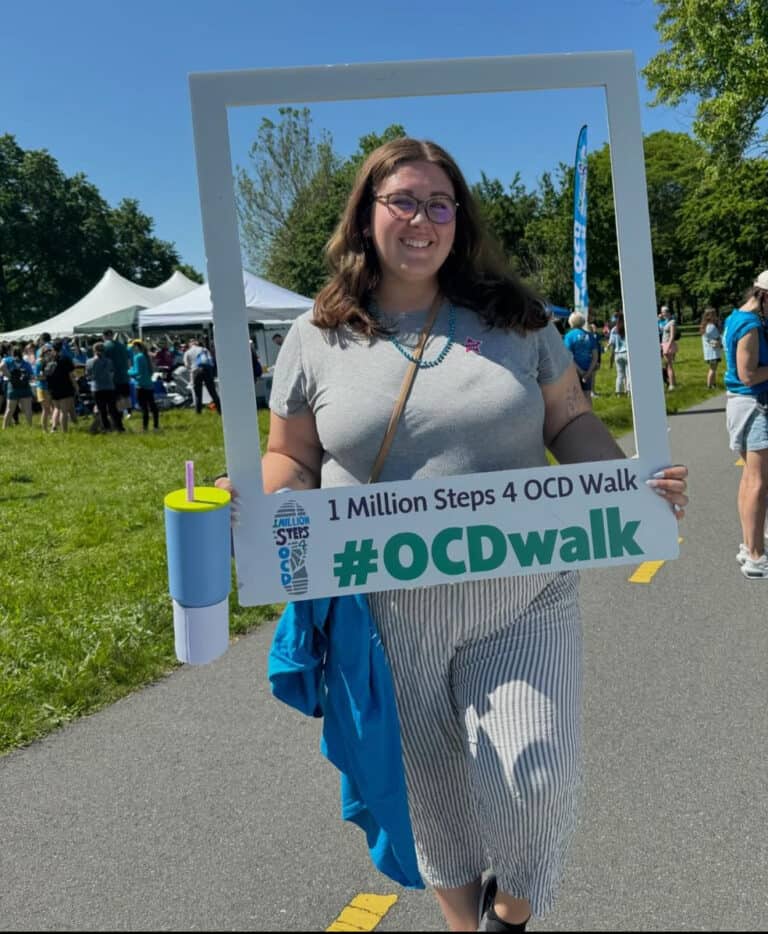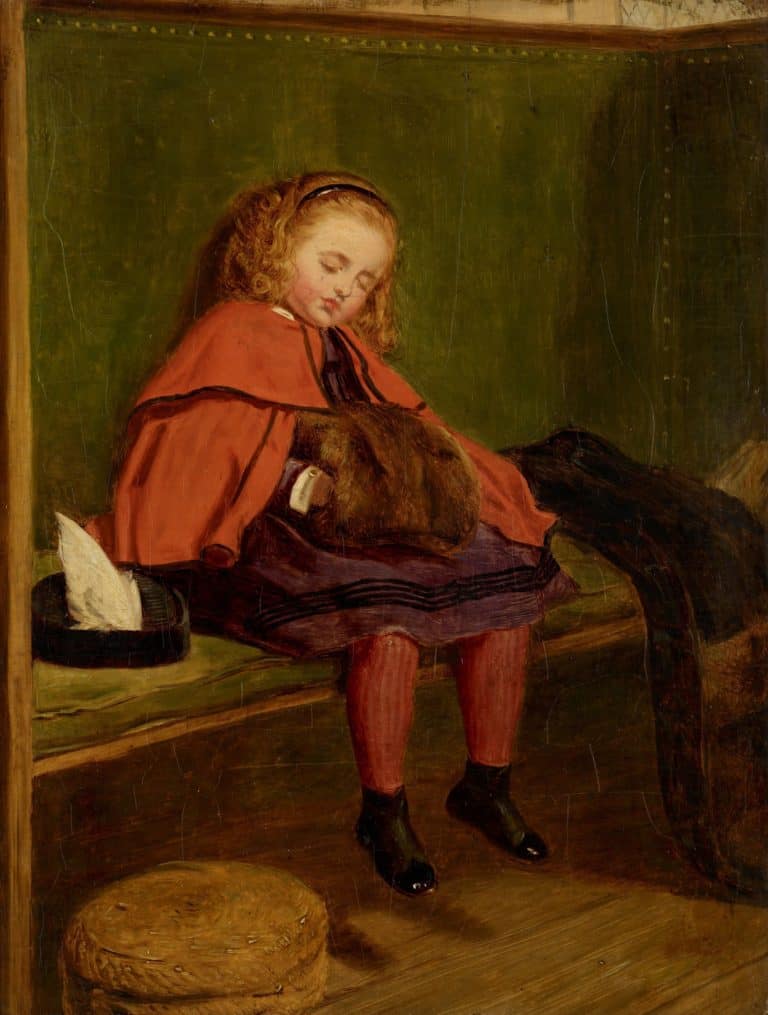Emetophobia and OCD

When it comes to understanding the intricate relationship between emetophobia and Obsessive-Compulsive Disorder (OCD), we often find ourselves drowning in clinical jargon and formal explanations. But let’s set aside the textbooks for a moment and take a personal plunge into these tumultuous waters.
Imagine standing at the intersection of two formidable forces: the fear of vomiting and the relentless world of Obsessive Compulsive Disorder.
It’s not a mere academic curiosity; it’s a visceral, day-to-day struggle for many. It’s a journey through the intricate, often chaotic maze of the human mind.
In this exploration, we won’t dwell on complex terminology or abstract theories. Instead, we’ll dive into the very real impact these conditions have on personal lives, relationships, and the pursuit of happiness.
We’ll share stories, unravel the emotional rollercoaster, and discover the strength within individuals facing this daunting tandem.
So, join us as we embark on a deeply personal journey into the realm of emetophobia and OCD, where the aim is not just to inform but to illuminate the human experience at its most raw and personal.
What is Emetophobia?
Emetophobia, in a deeply personal context, is akin to having an unwelcome, persistent companion in your mind—an uninvited guest that relentlessly whispers fear of vomiting, illness, and everything remotely related(such as food poisoning).
It’s more than just a mild discomfort; it’s a gut-wrenching dread that can turn the simplest moments of life into a rollercoaster ride of anxiety.
For someone grappling with emetophobia, even the mere thought of feeling nauseous or encountering someone who might be sick can trigger a torrent of panic. It’s not merely about a queasy stomach; it’s about the all-consuming fear of what might happen next.
Picture this: you meticulously inspect every meal for the slightest sign of spoilage, avoid social gatherings, parties, or even restaurants like the plague, and carry anti-nausea remedies everywhere you go, just in case.
Emetophobia can lead to isolation, avoidance behaviors, physiological symptoms, morning sickness, anxiety disorders, missed opportunities, and an unshakable sense of being trapped in a never-ending cycle of intense fear.
However, here’s the glimmer of hope amidst the darkness: emetophobia doesn’t define who you are, and it’s possible to break free from its suffocating grip.
With the guidance of exposure therapy, the comfort of support networks, and the resilience within you, it’s entirely possible to regain control over your life and learn to manage these fears (OCD symptoms)
So, while emetophobia may be a relentless adversary, it’s also a battle you can win with the right tools and unwavering determination. Remember, you’re not alone on this journey, and there is hope for a life less haunted by fear.
Related Articles – Hit and Run OCD: What it is and How to Overcome it
How Emetophobia Relates to OCD

Emetophobia and OCD can intertwine in a deeply personal way, creating a complex and often overwhelming experience. Let’s delve into this intricate relationship, shedding light on how they affect daily life.
The Endless Loop of Obsessive Thoughts
Imagine your mind as a constantly spinning carousel of worries. With emetophobia, these worries fixate on a specific phobia, the fear of vomiting or encountering vomit.
These thoughts aren’t fleeting; they’re like a movie playing on repeat in your head. It’s personal because it feels like your mind is betraying you, filling your thoughts with dread.
The Rituals as a Lifeline
OCD introduces its own personal touch—the need to perform rituals or compulsions to alleviate the anxiety brought on by obsessive thoughts.
In the context of emetophobia, these rituals often revolve around avoiding perceived vomit triggers or seeking reassurance that sickness won’t strike.
It’s personal because these rituals provide a semblance of control in a world filled with fear of vomiting.
The Vicious Cycle of Safety Behaviors
*Emetophobia and OCD can fuel a cycle of safety behaviors.
For instance, you might compulsively check expiration dates on food, meticulously wash your hands, or even avoid certain foods altogethe which results in significant weight loss.
These behaviors are highly personal because they’re your way of trying to shield yourself from the storm of anxiety and irrational fear of vomiting.
The Impact on Daily Life
Perhaps the most personal aspect of this relationship is how it affects daily life. Emetophobia and OCD can hinder your ability to enjoy social events, travel, or even simply eat out at a restaurant.
It’s like carrying an invisible burden that constantly weighs you down, making even the most routine tasks feel like climbing a mountain.
The Path to Recovery
Despite the deeply personal challenges that emetophobia and OCD present, it’s crucial to know that recovery is possible. Therapy, especially Cognitive-Behavioral Therapy (CBT), can help you gain control over your obsessive thoughts and compulsions.
Building a support network of friends and family who understand your personal struggles can also be immensely helpful.
In conclusion, the connection between emetophobia and OCD is a personal and intricate one. These conditions often feed off each other, making each day a battle.
However, recognizing this relationship is the first step towards regaining control over your life. You are not defined by these fears; with the right guidance and support, you can learn to manage and overcome them, ultimately finding a path to personal freedom and peace of mind.
Related Articles – Depersonalization and OCD
Can You Cure Emetophobia?

The question that lingers in the minds of many battling emetophobia is, “Can you cure it?” The short answer is, yes, but let’s explore what that really means from a deeply personal standpoint.
Hope Amidst the Storm
Living with emetophobia (fear of vomiting) can feel like navigating a never-ending tempest. Every day can be a battle, filled with anxiety and fear.
But here’s the glimmer of hope: while a complete “cure” may not always be possible, you can learn to manage and significantly reduce its impact on your life.
In my personal journey, I’ve discovered that hope is a powerful ally.
It’s the belief that things can get better, that you can regain some control over your life. This hope can be a beacon guiding you through the darkest of storms.
Personalized Progress
Recovery from emetophobia (fear of vomiting) is a highly personalized journey. What works for one person may not work for another.
It involves understanding the unique triggers and coping mechanisms that have taken root in your life. It’s about finding strategies that suit your personal needs and experiences.
Personal progress isn’t a one-size-fits-all endeavor. It’s about finding what clicks for you.
It might be journaling, relaxation techniques, or gradual exposure to your fears. Embrace what resonates with you personally, and don’t be discouraged if it takes time to find the right path.
Professional Guidance
One of the most effective paths to managing emetophobia is seeking professional help (who has knowledge of emetophobia treatment), such as Cognitive-Behavioral Therapy (CBT) and ERP (response prevention).
A therapist can work with you on a deeply personal level, helping you identify and challenge the thought patterns and behaviors that perpetuate your fear of vomiting. Such therapists can be found over at The International OCD Foundation.
My personal experience with therapy was transformative. It’s not just about talking; it’s about learning practical tools to combat your fears. A therapist can provide tailored strategies to help you confront your personal fears head-on.
The Role of Support Networks
Your personal support network is invaluable. Friends and family who understand your struggles can provide a sense of comfort and encouragement. Sharing your personal journey with them can help you feel less isolated.
Opening up about your personal struggles to loved ones can be scary, but it’s also incredibly liberating.
Their support can be a lifeline during tough times, and they can be a source of motivation on your path to personal healing of this specific phobia.
Embracing Progress, Not Perfection
It’s important to acknowledge that progress in managing emetophobia may involve steps forward and occasional setbacks.
This personal challenge isn’t about achieving perfection; it’s about taking one step at a time, celebrating your personal victories, and learning from your personal challenges.
Personal growth isn’t linear. It’s okay to stumble; it’s part of the journey.
What’s personal about this process is recognizing that setbacks don’t define you. It’s the courage to get back up and keep moving forward that truly matters.
The Road to Personal Freedom
Ultimately, the goal is not merely to “cure” emetophobia but to regain control over your life. It’s about discovering a personal freedom that allows you to live without the constant weight of fear of vomiting.
It’s a deeply personal battle, but with the right guidance, support, and a resilient spirit, you can find that freedom and embrace a life with more peace and confidence.
Personal freedom is the ultimate destination. It’s the ability to live life on your terms, unburdened by irrational fears of certain foods. It’s a journey that’s profoundly personal and profoundly rewarding, a testament to your strength and resilience.
Related Articles – How To Treat Arithmomania
Conclusion: Embracing Hope Amidst the Storm
As we draw the curtains on this exploration of emetophobia and OCD, it’s important to remember that behind the clinical terminology and psychological theories are real people, each with their own deeply personal stories.
Living with emetophobia and OCD can be like navigating a tempest. It’s a relentless storm that affects daily life, relationships, and one’s sense of self. But it’s also a journey of resilience and hope.
Through these personal stories, we’ve witnessed the courage to face fears head-on, the determination to seek professional guidance, and the power of supportive networks.
We’ve seen that while these specific phobia can be formidable, they don’t define individuals; rather, they showcase their strength and resilience.



